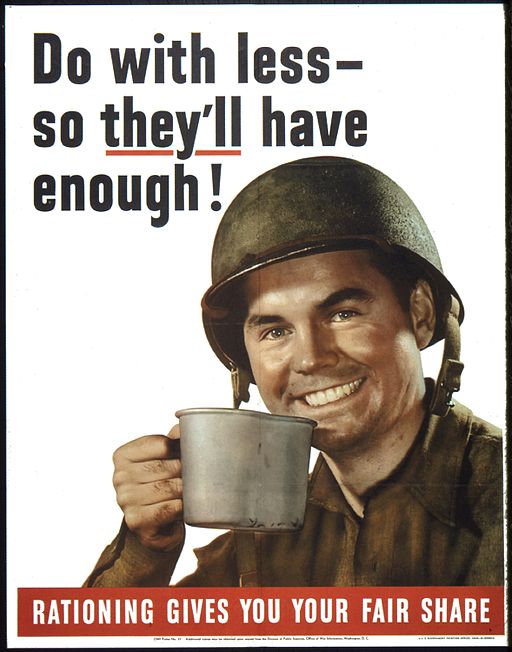Few vs Less
Although few and less are often used interchangeably, there is a difference between the two. Both words indicate a small number, but they have different origins and are used in different contexts. Few comes from the Old English words fēawe and fēawa, while less comes from the Old English word lǣssa. Few is used as a determiner, pronoun, adjective, and noun, while less is used as a determiner, pronoun, adjective, adverb, and preposition.
What does Few mean?
The Oxford English Dictionary defines few as “used to emphasize how small a number of people or things is.” For example, in the sentence “There are few books in the shelf,” the use of few suggests that there are only several books on the shelf. When the article “the” is placed before few, it becomes the noun “the few,” meaning the minority of people or the elect. For example, in the sentence “Comfort and luxury are not just for the few,” the few refers to the minority.
What does Less mean?
Less, as an adjective, indicates a small number of objects or people according to the context. For example, in the sentence “There was a less number of candidates who attended the interview,” the use of less indicates the number of candidates. Less can also give the sense of a ‘small amount’ and is used as an opposite to the word more. Sometimes, less is used as a replacement for the phrase “a few.” For example, the sentences “They brought a few apples with them” and “They brought less apples with them” both suggest a small number of apples.
Key Takeaways
- Few is used to emphasize how small a number of people or things is, while less indicates a small number of objects or people according to the context.
- Less can give the sense of a ‘small amount’ and is used as an opposite to the word more.
- Sometimes, less is used as a replacement for the phrase “a few.”
